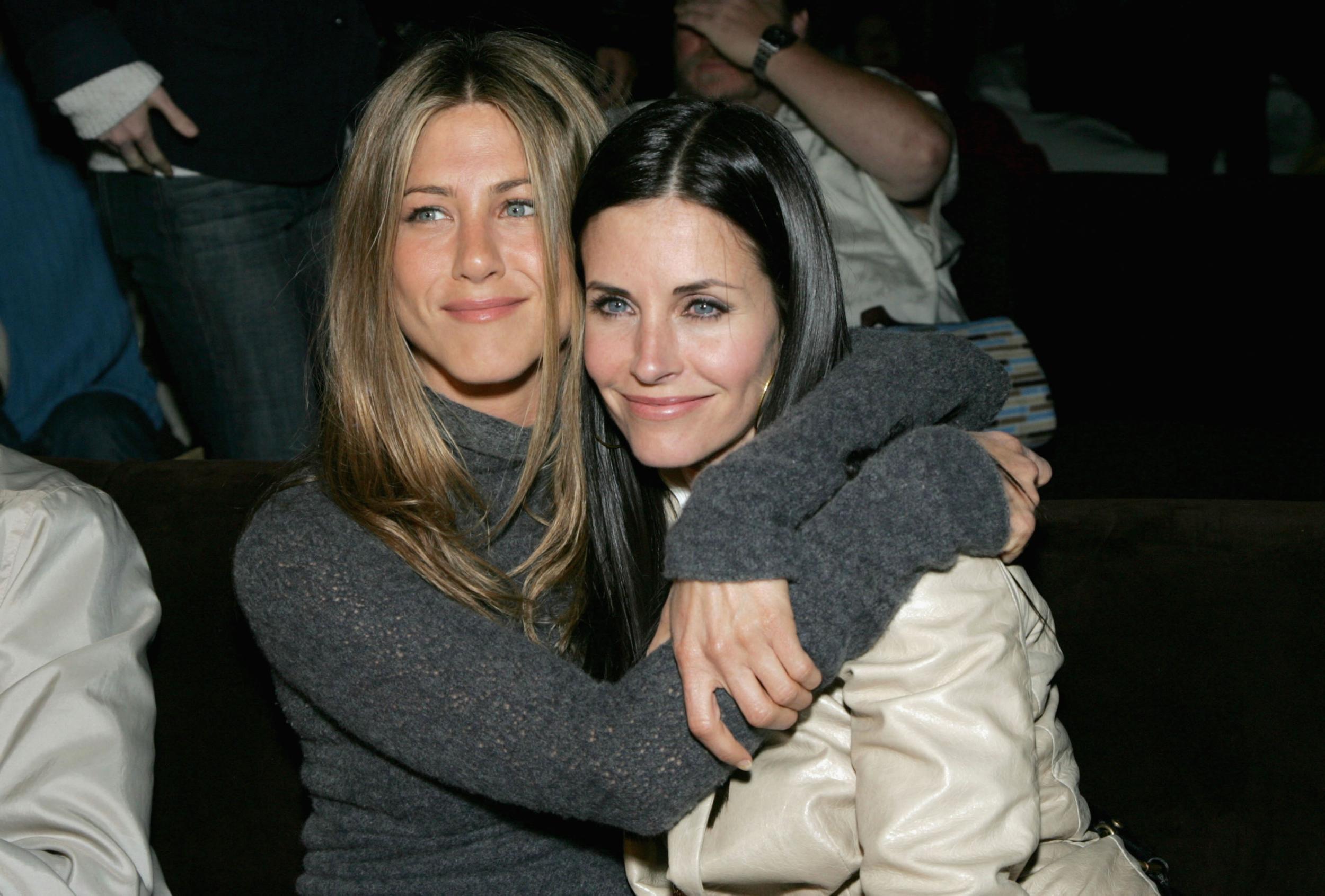The Independent's journalism is supported by our readers. When you purchase through links on our site, we may earn commission.
Friends share similar brain waves, study finds
There's a reason why you and your friends respond to world events in the same way

Your support helps us to tell the story
From reproductive rights to climate change to Big Tech, The Independent is on the ground when the story is developing. Whether it's investigating the financials of Elon Musk's pro-Trump PAC or producing our latest documentary, 'The A Word', which shines a light on the American women fighting for reproductive rights, we know how important it is to parse out the facts from the messaging.
At such a critical moment in US history, we need reporters on the ground. Your donation allows us to keep sending journalists to speak to both sides of the story.
The Independent is trusted by Americans across the entire political spectrum. And unlike many other quality news outlets, we choose not to lock Americans out of our reporting and analysis with paywalls. We believe quality journalism should be available to everyone, paid for by those who can afford it.
Your support makes all the difference.There's a number of reasons why friendships blossom between certain individuals, from loving the same football team to having the same sense of humour.
However, a recent study has claimed that friends may also share similar brain waves.
While it may seem obvious that you and your friends would think alike, this research has explored the power of friendship on a whole other level.
Scientists decided to assess the role that neural responses play in friendships, moving beyond the physical traits and demographic attributes that friends sometimes have in common.
Dr Carolyn Parkinson, a cognitive scientist at the University of California, and a couple of fellow researchers from Dartmouth College presented individuals with a series of video clips.
They used functional magnetic resonance imaging to scan the participants’ brains while they were watching the clips in order to determine whether their neural responses were similar to those of their friends.
Prior to the screening of the video clips, the team had provided 279 students from a graduate programme with an online survey in which they had to state which of their peers in the programme they classed as their friends.
A smaller group of 42 individuals were then assessed as they watched the diverse array of videos, which included clips of an astronaut’s view of the earth, a homemade wedding film, a documentary about a baby sloth sanctuary and a comedy skit from Saturday Night Live called “Ew!”
The researchers feel very confident in the results of the study, despite the small number of participants assessed.
“Our results suggest that friends might be similar in how they pay attention to and process the world around them,” Dr Parkinson told The New York Times.
“That shared processing could make people click more easily and have the sort of seamless social interaction that can feel so rewarding.”
All of the subjects were provided with the videos in the same order and were informed that the clips would be diverse in subject.
The neural responses recorded during the study showed that people who had described themselves as friends responded to the video clips in a far more similar fashion to those who hadn’t.
While this study has demonstrated the power of friendship, findings published by the Massachusetts Institute of Technology stated that only half of friendships are truly genuine.
Join our commenting forum
Join thought-provoking conversations, follow other Independent readers and see their replies
Comments